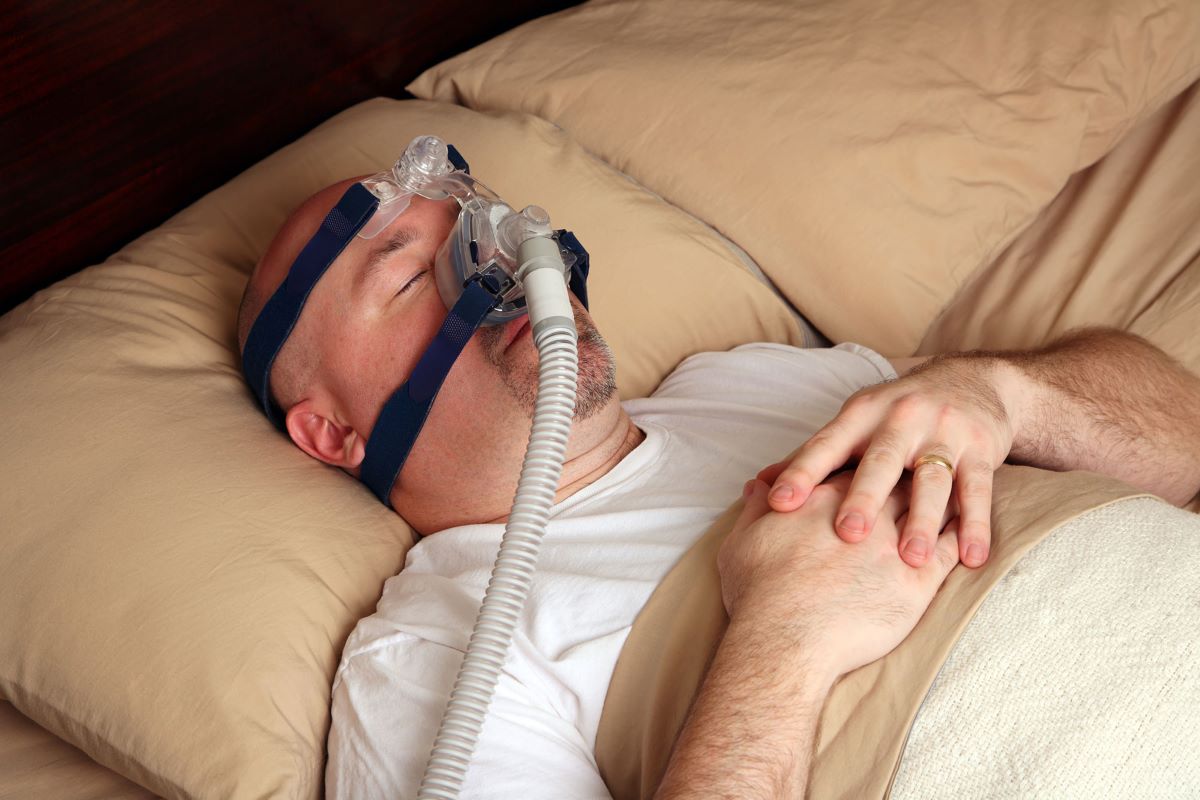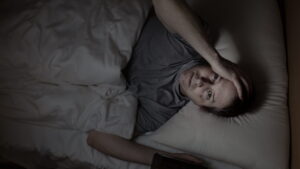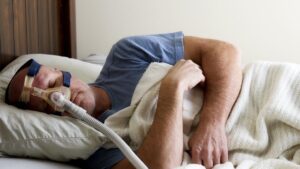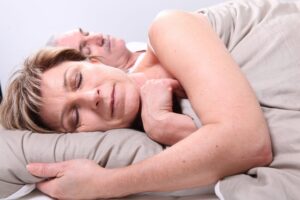A sleep study Inglewood provides essential diagnostic insights for identifying sleep disorders that affect your health and daily functioning. These medical tests monitor your body’s activity during sleep—tracking brain waves, breathing patterns, oxygen levels, and heart rate—to pinpoint conditions like obstructive sleep apnea, insomnia, or restless leg syndrome.
Many people seek sleep studies when they experience persistent symptoms that disrupt their quality of life:
- Chronic fatigue despite seemingly adequate sleep
- Loud, disruptive snoring that affects partners
- Observed breathing pauses during sleep
- Morning headaches or daytime drowsiness
- Difficulty concentrating throughout the day
Traditionally, sleep studies required an overnight clinic stay in an unfamiliar environment connected to numerous wires and sensors. Today, Sleep Study Inglewood services offer patients the convenience of undergoing comprehensive sleep testing in the comfort of their own homes. These modern home-based assessments provide accurate diagnostic results while eliminating the need for overnight hospital stays, making sleep testing more accessible, cost-effective, and comfortable for Inglewood residents.
What Is a Home Sleep Study and How Does It Work?
A home sleep study is a diagnostic test that monitors your sleep patterns and breathing activity in your own bed rather than in a clinical setting. This type of portable sleep monitoring specifically targets sleep apnea diagnosis, particularly obstructive sleep apnea (OSA), by tracking key physiological markers throughout the night.
How Does a Home Sleep Study Work?
The equipment consists of compact, user-friendly devices that attach to your body with minimal fuss. A typical home sleep study kit includes:
- Nasal cannula or airflow sensor – positioned under the nose to measure breathing patterns and detect pauses or reductions in airflow
- Pulse oximeter – a small clip worn on your finger to track blood oxygen saturation levels
- Chest and abdominal belts – elastic bands that monitor respiratory effort and movement
- Heart rate monitor – records cardiac activity during sleep
Patients receive their kit with straightforward instructions, often supplemented by video tutorials or phone support from the sleep clinic. The setup process typically takes 10-15 minutes before bed. You simply attach the sensors according to the provided guidelines, press start on the recording device, and sleep as you normally would.
What Does a Home Sleep Study Measure?
The devices automatically collect data throughout the night, capturing information about:
- How often you stop breathing or experience shallow breathing
- Your oxygen levels during sleep
- Heart rate variations
- Sleep position and movement
What Happens After the Home Sleep Study?
Once you wake, you remove the sensors and return the equipment to the clinic. Sleep specialists then download and analyse the recorded data to identify patterns consistent with sleep disorders, providing a comprehensive assessment without requiring you to spend an uncomfortable night away from home.
Why Should Patients Choose Home Sleep Studies Over Overnight Clinic Stays?
Home sleep studies eliminate the need to spend a night in an unfamiliar clinical environment, allowing patients to undergo testing in their own bedroom. This convenience factor removes the hassle of scheduling overnight appointments, arranging transport, and adjusting to a strange sleep setting that could affect test results.
The benefits of home sleep study options extend beyond simple logistics. Sleeping in your own bed with your regular pillows, temperature settings, and familiar surroundings typically produces more representative data about your actual sleep patterns. Clinic environments, despite their medical-grade equipment, can introduce artificial variables that don’t reflect how you naturally sleep. Visit https://www.nsw.gov.au/departments-and-agencies/nbmlhd/news/stories/sleep-study-service-helps-you-rest-easy to get how sleep study services helps you rest easy.
Cost-effectiveness represents another compelling advantage. Home-based testing typically costs significantly less than in-lab polysomnography, with many Inglewood providers offering bulk-billing options that further reduce out-of-pocket expenses. Insurance coverage often applies more readily to home studies, particularly for straightforward cases of suspected obstructive sleep apnea.
The equipment itself prioritises comfort through minimalist design. Modern home sleep study devices use lightweight sensors and wireless technology that won’t tether you to machines or restrict your movement during sleep. You can:
- Change sleeping positions freely throughout the night
- Use your own bedding and sleepwear
- Maintain your regular bedtime routine
- Avoid the presence of technicians or monitoring staff
This reduced intrusiveness helps patients achieve more natural sleep cycles during testing, which can lead to more accurate diagnostic results. The simplified setup process means you’re not dealing with dozens of wires or complex equipment that might cause anxiety or discomfort.
How Can Residents in Inglewood Access Home Sleep Study Services?
Residents in Inglewood can access Inglewood sleep study services through multiple local providers offering both traditional in-clinic assessments and convenient home-based testing options. Healthcare facilities throughout the area have expanded their sleep diagnostic capabilities to include portable monitoring equipment that patients can use in their own homes.
Bulk-billed sleep tests are widely available for eligible patients, meaning those with valid Medicare cards or appropriate private health insurance coverage can often receive testing with minimal or zero out-of-pocket expenses. This financial accessibility removes a significant barrier for individuals who suspect they may have sleep disorders but are concerned about costs. Patients should verify their specific eligibility with their chosen provider, as bulk-billing availability may depend on individual circumstances and insurance policies.
The process for scheduling a home sleep study in Inglewood typically follows these steps:
- Obtain a referral: Visit your general practitioner (GP) to discuss your sleep concerns and symptoms. Your doctor can provide a referral to a sleep specialist or diagnostic service.
- Contact local providers: Research sleep study facilities in Inglewood that offer home testing options and enquire about their services, equipment, and bulk-billing status.
- Book your appointment: Schedule an initial consultation where you’ll receive instructions and collect your portable monitoring equipment.
- Confirm insurance coverage: Bring your Medicare card or private health insurance details to ensure you qualify for bulk-billing or understand any potential costs.
Many Inglewood sleep study services offer same-day equipment collection, allowing patients to begin their assessment quickly without lengthy waiting periods. For more detailed information about the procedures and types of tests available, you can refer to this comprehensive guide on sleep study information.
See Also : Sleep Testing in O’Connor: Can Children Take a Home Sleep Test Too?
What Should Patients Expect During and After a Home Sleep Study?
The home sleep study procedure begins when you receive your portable monitoring device, typically accompanied by clear setup instructions or an instructional video. On the night of your test, you’ll attach sensors to your finger for oxygen level monitoring, place a nasal cannula to track breathing patterns, and position chest bands to measure respiratory effort. Most devices feature simple clip-on or adhesive sensors that take just minutes to set up before bed.
The testing process includes:
- Activating the device according to provided instructions (usually a single button press)
- Sleeping normally throughout the night whilst the equipment records your data
- Removing the sensors upon waking and returning the device as directed
- Minimal disruption to your regular sleep routine
Once you return the equipment, data analysis by specialists begins immediately. Sleep physicians and trained technologists review your recorded breathing patterns, oxygen saturation levels, heart rate variations, and sleep position data. This secure transmission and professional evaluation typically takes 5-10 business days, depending on the clinic’s workload.
Following analysis, you’ll receive a comprehensive report detailing your sleep metrics and any identified conditions. Your healthcare provider will schedule a follow-up consultation to discuss your diagnosis and treatment plans. If obstructive sleep apnea is detected, treatment options may include CPAP therapy, lifestyle modifications, or referrals to specialists. For patients with negative results but persistent symptoms, your doctor might recommend an in-lab polysomnography for more detailed assessment. The entire process from testing to diagnosis usually spans 2-3 weeks, allowing you to move quickly towards appropriate treatment.
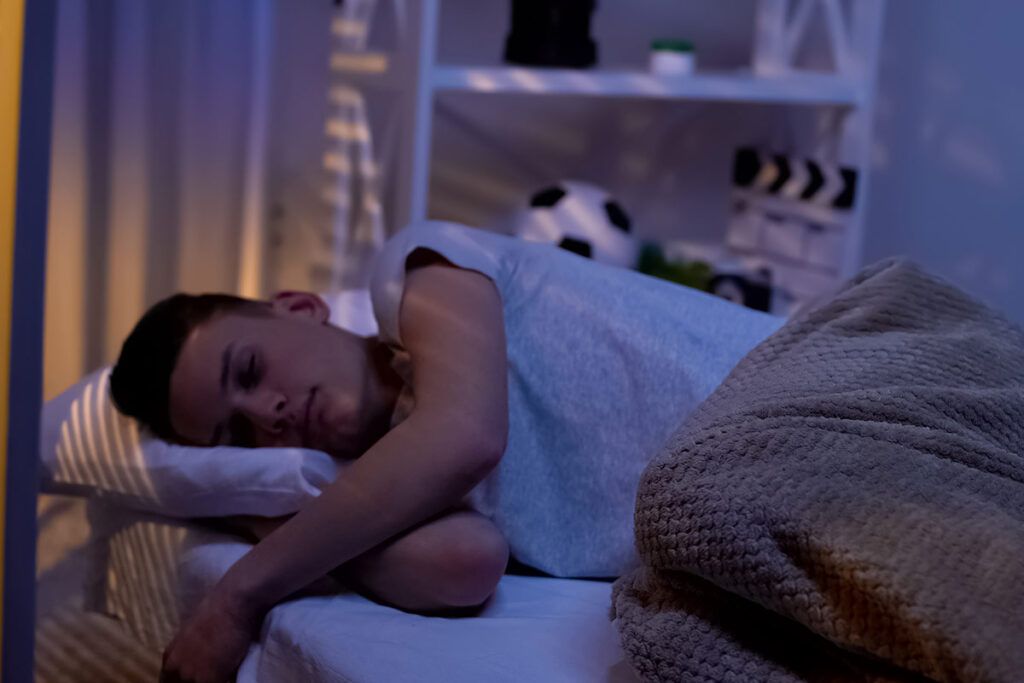
Who Is an Ideal Candidate for a Home Sleep Study in Inglewood?
Candidates for home sleep study typically experience specific warning signs that suggest a sleep disorder may be affecting their health. If you’re waking up exhausted despite spending adequate hours in bed, experiencing chronic loud snoring, or your partner has noticed you stop breathing momentarily during sleep, these symptoms indicating need for testing warrant professional evaluation.
Home-based assessments work best for individuals who present with:
- Excessive daytime drowsiness that interferes with work, driving, or daily activities
- Loud, persistent snoring accompanied by gasping or choking sounds
- Morning headaches or dry mouth upon waking
- Difficulty concentrating or memory problems related to poor sleep quality
- Witnessed breathing pauses during sleep reported by a bed partner
The home testing method suits patients with suspected mild to moderate obstructive sleep apnea who don’t have complex medical conditions. You’re an ideal candidate if you have no significant heart disease, severe lung conditions, or neurological disorders that might require more comprehensive in-lab monitoring.
Patients who are mobile, capable of following setup instructions, and sleep primarily in one position benefit most from home studies. Those with obesity, high blood pressure, or type 2 diabetes who show sleep apnoea symptoms should particularly consider testing, as these conditions often coexist with sleep disorders.
Conclusion
Suspect you’re dealing with a sleep disorder? Convenient sleep testing Inglewood services make diagnosis accessible without disrupting your routine. Home sleep studies eliminate the stress and inconvenience of overnight clinic visits whilst delivering accurate results for conditions like obstructive sleep apnea.
The ability to avoid overnight clinic stay requirements means you can:
- Complete testing in your familiar sleeping environment
- Access bulk-billed services to minimise costs
- Receive professional analysis from qualified sleep specialists
- Start treatment sooner with faster turnaround times
Don’t let persistent fatigue, disruptive snoring, or breathing pauses rob you of quality sleep and wellbeing. Sleep Study Inglewood: How to Get Tested Without an Overnight Clinic Stay is now simpler than ever with home-based options designed for your comfort and convenience.
Take action today. Contact a local Inglewood sleep study provider to discuss your symptoms, obtain a referral, and schedule your home sleep test. Quality sleep shouldn’t be a luxury—it’s essential for your health, and getting tested is the first step towards reclaiming restful nights.
FAQs About Sleep Study Inglewood
A home sleep study is a diagnostic test that monitors your sleep patterns, breathing, oxygen levels, and heart rate in the comfort of your own bed. It’s primarily used to detect sleep disorders like obstructive sleep apnea, insomnia, or restless leg syndrome without requiring an overnight clinic stay.
2. How does a home sleep study work?
Patients receive a portable monitoring kit with sensors for the nose, chest, abdomen, and finger. These devices track breathing, oxygen saturation, heart rate, and movement while you sleep. Data is recorded automatically throughout the night and later analyzed by sleep specialists to diagnose potential sleep disorders.
3. What are the advantages of a home sleep study over in-clinic testing?
Home sleep studies are more convenient, cost-effective, and comfortable. You sleep in your own bed with familiar surroundings, which produces more accurate sleep data. They also eliminate the need for overnight appointments, complex wiring, or hospital stays, making testing accessible for more Inglewood residents.
4. What does a home sleep study measure?
Home sleep studies collect data on:
Breathing pauses or shallow breathing episodes
Blood oxygen levels
Heart rate variations
Sleep position and movement throughout the night
5. Who is an ideal candidate for a home sleep study?
Ideal candidates are adults with suspected mild to moderate obstructive sleep apnea who experience symptoms such as:
Loud, chronic snoring
Excessive daytime sleepiness
Morning headaches
Observed breathing pauses during sleep
Patients with severe medical conditions may require in-clinic polysomnography instead.
6. How do I schedule a home sleep study in Inglewood?
Steps include:
Obtain a referral from your GP or sleep specialist
Contact local sleep study providers to discuss services and bulk-billing options
Schedule your home test and collect the portable monitoring equipment
Follow instructions to set up the devices and sleep normally
Return the equipment for specialist analysis
7. How long does it take to get results from a home sleep study?
After returning the equipment, specialists typically analyze your data within 5–10 business days. You will receive a comprehensive report and a follow-up consultation to discuss diagnosis and treatment options.
8. Are home sleep studies in Inglewood covered by insurance?
Many providers offer bulk-billed or insurance-covered home sleep studies for eligible patients, minimizing out-of-pocket expenses. Coverage depends on individual insurance policies or Medicare eligibility, so verification with your provider is recommended.
9. What treatments are available if a sleep disorder is detected?
Treatment depends on the condition diagnosed. Common approaches for obstructive sleep apnea include:
CPAP therapy
Lifestyle changes and weight management
Referral to specialists for advanced care
Home sleep study results help guide the most effective, personalized treatment plan.
10. Why should Inglewood residents consider a home sleep study?
Home sleep studies offer accurate diagnostic results without disrupting your routine or comfort. They are convenient, cost-effective, and provide quicker access to treatment. For residents experiencing fatigue, snoring, or breathing pauses, home testing is a practical first step toward better sleep and improved health.

